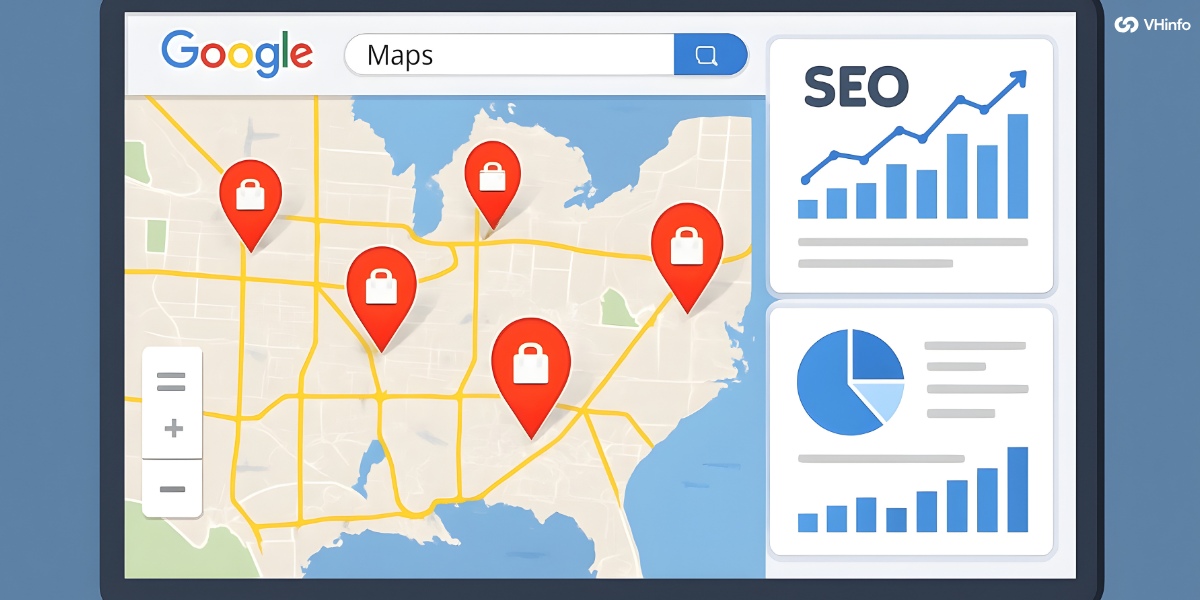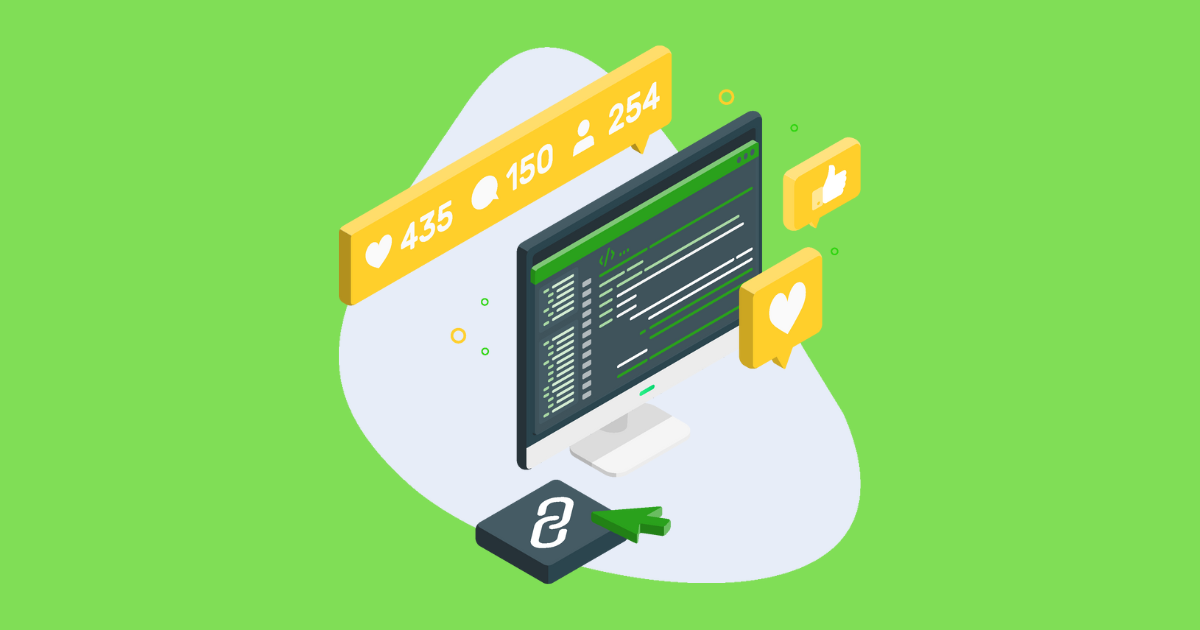Introduction
Search engine optimization has rapidly evolved from a manual, keyword-focused discipline into a data-driven, AI-powered ecosystem. In 2025, staying ahead in SEO means more than just producing good content or building backlinks — it’s about leveraging automation, precision, and real-time insights to outperform competitors.
This is where AI software development services for automation come into play. Custom-built AI solutions allow businesses to move faster, analyze larger datasets, and make smarter decisions without relying solely on human bandwidth. Whether it’s automating site audits, forecasting keyword trends, identifying backlink gaps, or optimizing content for search intent, AI gives SEO teams a major competitive edge.
In an era where algorithms update frequently and user behavior shifts constantly, relying on traditional SEO tools isn’t enough. Brands that invest in AI development can:
- Personalize search strategies at scale
- React instantly to changes in ranking signals
- Uncover patterns and opportunities human eyes might miss
- Automate repetitive tasks like keyword clustering, reporting, and optimization
While SEO remains a foundational pillar of digital visibility, it’s no longer operating in isolation. Social media marketing now plays a crucial complementary role by amplifying content reach, driving referral traffic, and enhancing brand signals that search engines monitor. “Brands that align their SEO strategies with smart influencer targeting and social listening often see better organic growth,” says marketing expert at Heepsy. Social media platforms can reveal trending keywords, help identify content gaps, and even impact search rankings through engagement metrics. By combining SEO with AI-powered social insights, marketers can refine their targeting, optimize user intent alignment, and create more shareable content. In 2025, the integration of AI in both SEO and social media marketing will be key to building a truly data-informed digital strategy.
As AI continues to transform digital operations, more companies are turning to specialized AI Development Services to build custom tools and solutions. From automating content generation to predictive analytics and customer behavior tracking, these services empower professional firms to stay ahead in a highly competitive market.
In this article, we’ll explore the top 10 AI tools every SEO expert should be using in 2025, along with expert strategies to help you integrate them into your workflow effectively.
1. Linkee
Linkee is a fully automated, AI-powered link building platform that simplifies every stage of the backlink acquisition process — from prospecting and email discovery to personalized outreach and campaign tracking. Unlike traditional link analysis tools, Linkee.ai focuses on execution, not just data.
Key Features:
- AI-based vetting of link prospects from your own lists or Linkee’s 12M+ domain database
- Automated email discovery, validation, and personalization
- Campaign builder for outreach sequences with built-in deliverability tools and reply tracking
2. Surfer SEO
Surfer SEO uses machine learning to optimize content based on what’s already ranking. It analyzes SERP data and provides real-time recommendations on word count, keyword density, headings, and even image usage.
Key Features:
- Content Editor powered by SERP data
- Keyword suggestions and clustering
- SEO audit functionality
3. MarketMuse
MarketMuse focuses on content planning and topic authority. It uses AI to scan your site, identify content gaps, and recommend topics to improve your topical depth and semantic relevance.
Key Features:
- Topic modeling and content briefs
- Competitive content analysis
- Content inventory scoring
4. Clearscope
Clearscope makes content refinement easy with its AI-powered content grading system. It helps you align articles with top-performing pages on Google through actionable keyword and readability insights.
Key Features:
- Content scoring with keyword relevance
- Seamless integration with Google Docs and WordPress
- Readability and engagement tracking
5. Frase
Frase is perfect for creating content that directly answers user intent. It generates outlines and content based on top SERP results and uses AI to suggest improvements.
Key Features:
- Question-focused content research
- AI-driven summaries and intros
- Optimization for featured snippets
6. Jasper (formerly Jarvis)
Jasper is a copywriting assistant powered by GPT. It can write everything from blog posts to ad copy, and it comes with SEO templates to make content generation faster and smarter.
Key Features:
- SEO-optimized templates
- Blog writing workflows
- AI-based tone adjustment
7. Semrush AI Tools
Semrush, already a staple in SEO, now includes AI-powered features that take its usability to the next level. From topic clustering to content scoring, these tools make data more actionable.
Key Features:
- AI writing assistant
- Topic research with machine learning
- SEO audit automation
8. Outranking.io
Outranking.io offers a fully guided content creation workflow. From auto-generating outlines to optimizing keyword usage, it’s built for long-form SEO content that converts.
Key Features:
- Research, write, and optimize in one tool
- Competitive SERP analysis
- On-page SEO scoring
9. Diib
Diib simplifies SEO by giving you instant insights on what’s working, what’s broken, and how to fix it. Its AI engine monitors SEO health, keyword rankings, and technical performance.
Key Features:
- Daily growth plans
- Competitor tracking
- Website health scoring
10. Alli AI
Alli AI is all about automation — especially for on-site SEO. It enables bulk optimizations like meta tags, internal linking, and content edits, all in real time.
Key Features:
- On-page SEO automation
- Auto-optimization of large websites
- JavaScript-based deployment without dev help
Expert Tips & Strategies for Integrating AI into Your SEO Workflow
- Stack Smartly: Pair tools like Linkee.ai (off-page) with Surfer SEO or MarketMuse (on-page) to create a balanced, full-spectrum strategy.
- Start Small: Don’t try to implement all 10 tools at once. Begin with 2–3 that solve your most immediate bottlenecks.
- Let AI Assist, Not Replace: Use AI to handle repetitive tasks, but rely on your expertise for strategy and creativity.
- Revisit Regularly: SEO is not static. Schedule quarterly reviews to test new features or replace tools as your needs evolve.
Conclusion
AI tools aren’t just a “nice to have” anymore — they’re essential to staying competitive in a constantly evolving search landscape. Whether you’re an in-house marketer, an SEO agency, or a solo entrepreneur, these AI tools can help you boost performance, save time, and scale smarter.
Start by trying Linkee.ai or any of the tools above that align with your current SEO goals — and let artificial intelligence do the heavy lifting while you focus on strategy.



